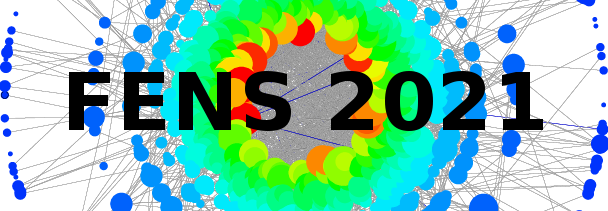Speaker
Description
The vulnerability of democratic processes is under scrutiny after scandals related to Cambrige Analytica (2016 U.S. elections, the Brexit referendum, and elections in Kenya). The deceptive use of social media in the US, the European Union and several Asian countries, increased social and political polarization across world regions. Finally, there are straightforward frauds like Crimea referendum and Belarus elections. These challenges are eroding democracy, the most frequent source of governmental power, and raises multiple questions about its vulnerabilities.
Democratic systems have countless ways of performing elections, which create different electoral systems (ES). It is therefore in citizens' interest to study and understand how different ESs relate to different vulnerabilities and contemporary challenges. These systems can be analyzed using network science in various layers -- they involve a network of voters in the first place, a network of electoral districts connected by commuting flow for instance, or a network of political parties to give a few examples.
It is essential to provide new tools and arguments to the discussion on the evaluation of electoral systems. We aim at comparing different ESs in a dynamical framework. Our novel approach of analyzing electoral systems in such way with all its aspects included, from opinion dynamics in the population of voters to inter-district commuting patterns to seat appointment methods, will help answering questions like:
Which electoral systems are more predictable/stable under fluctuations?
Which electoral systems are the most robust (or vulnerable) under external and internal influences?
Which features of electoral systems make them more (less) stable?

